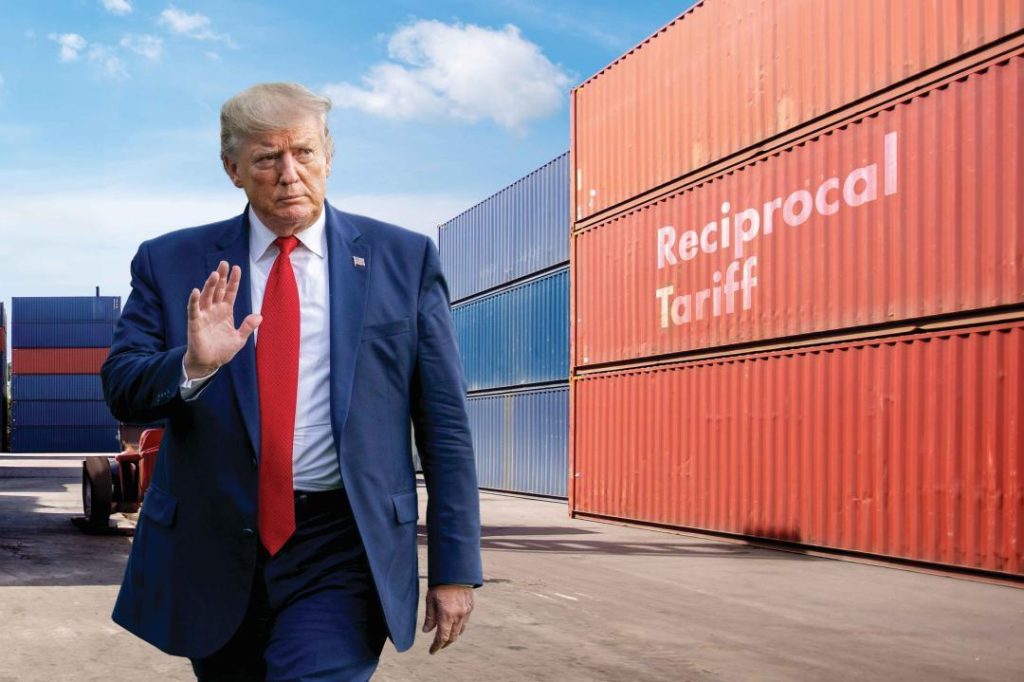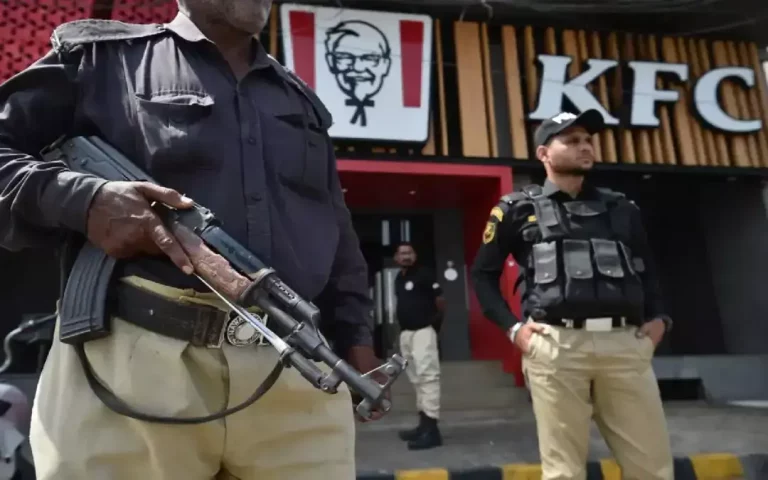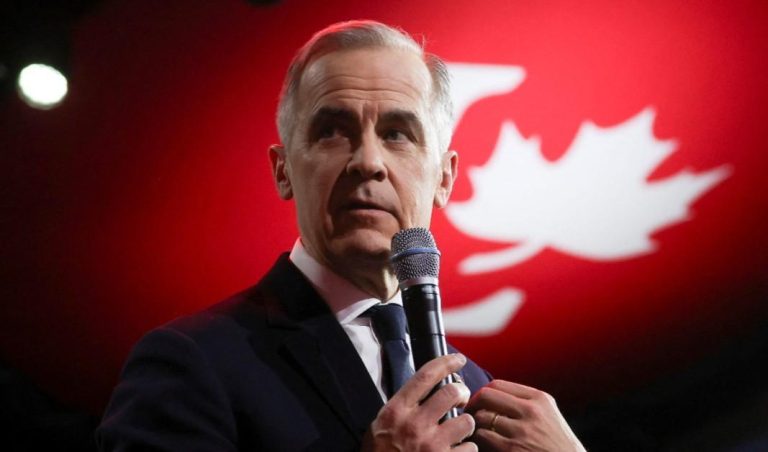
The Great Tariff War: Disruption, Diplomacy, & the Future of Trade
The recent tariff announcements by the United States have sent shockwaves across the globe, disrupting global supply chains and sparking concerns about the future of international trade. As the world’s two largest economies, the US and China, engage in a high-stakes game of tariffs, other nations are scrambling to adapt and capitalize on the shifting landscape. Amidst this chaos, India is emerging as an alternative to China, positioning itself as a key player in the global supply chain.
The Trump Tariff War: A Brief Overview
The tariff war began when the Trump administration imposed 15% tariffs on around $112 billion worth of Chinese goods, effective September 1, 2019. China retaliated by imposing tariffs on around $75 billion worth of US goods. The escalation has continued, with both countries imposing tariffs on each other’s goods, creating a complex web of tariffs and trade restrictions.
The tariffs have had far-reaching consequences, impacting not only the US and China but also other countries around the world. Global trade is facing unprecedented disruption, with companies forced to re-evaluate their supply chains and adapt to the new reality.
India’s Emergence as an Alternative to China
As global supply chains shift in response to the tariff war, India is emerging as an attractive alternative to China. With its strategic location, skilled workforce, and growing infrastructure, India is well-positioned to capitalize on the changing landscape.
According to industry experts, India’s emergence as an alternative to China is not just a short-term phenomenon. The country has been working to improve its business environment, simplify regulations, and invest in infrastructure, making it an increasingly attractive destination for foreign investors.
Opportunities for India
The tariff war presents India with significant opportunities to strengthen its position as a global manufacturing and logistics hub. With China’s supply chain facing increasing uncertainty, Indian companies are well-placed to benefit from the shift.
India’s textile and apparel industry, for example, is already seeing a surge in demand from international buyers seeking alternative sourcing options. The country’s pharmaceutical industry is also well-positioned to capitalize on the shift, with many multinational companies already having a presence in India.
Challenges Ahead
While the tariff war presents opportunities for India, it also poses significant challenges. The country’s infrastructure, while improving, still lags behind other major economies, making it difficult for companies to move goods efficiently.
Additionally, India’s tariffs on certain goods, such as textiles and apparel, are still relatively high, making it difficult for companies to compete with countries like China. The country will need to carefully manage its tariffs to ensure that they do not become a barrier to trade.
Diplomacy and the Future of Trade
The tariff war is not just a trade dispute; it is also a reflection of the complex diplomatic landscape. The US-China trade talks, which have been ongoing for months, have yet to yield a significant breakthrough.
As the dispute continues, other nations are stepping up efforts to negotiate their own trade agreements. The US-India trade negotiations, for example, are ongoing, with the goal of reaching a bilateral trade agreement targeting a $500 billion trade goal by 2030.
Conclusion
The tariff war is a complex and multifaceted issue, with far-reaching consequences for global trade and the economy. While India is emerging as an alternative to China, the country still faces significant challenges in its infrastructure and tariffs.
As the world navigates this uncertain landscape, diplomacy and cooperation will be key. The US-India trade talks, for example, offer a glimmer of hope for a more positive future of trade.
Ultimately, the tariff war is a reminder of the importance of international cooperation and the need for countries to work together to address global challenges. As the world’s economies continue to evolve, it is essential that nations prioritize diplomacy and cooperation to ensure that trade remains a powerful force for growth and development.
Source:
https://www.logisticsoutlook.com/supply-chain/the-great-trump-tariff-war






